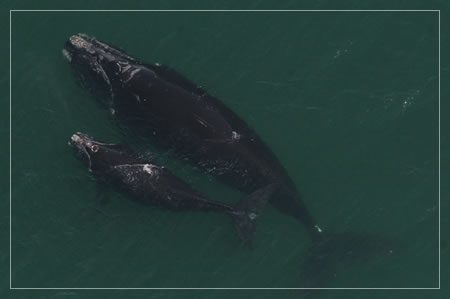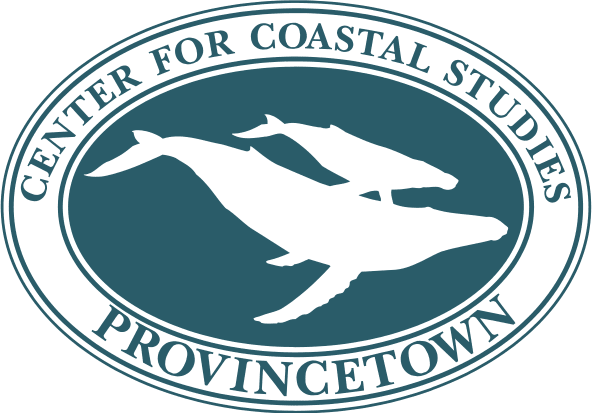The humpback whale that is likely the most famous cetacean visitor to Stellwagen Bank has officially become a great grandmother this year!
Salt, who along with her pal Pepper was one of the first two humpbacks named back in 1976, is the reigning monarch of a well-recorded matriline. Though a lot of the humpback whales we see around Stellwagen Bank in the summertime aren’t seen every year (they drift around to copious other Gulf of Maine feeding grounds), Salt is extremely dependable, showing up off of Massachusetts Bay almost every single summer, a habitualness that we in the research community call “high site fidelity.”
Since Salt comes around each year and stays long enough for researchers and whale watchers to take her picture, which officially records her as alive and well, and determine whether or not she has a calf with her, we know more about Salt’s lineage than those of many other North Atlantic humpbacks. For example, we know that the calf she has with her this summer is her thirteenth recorded calf! One of her daughters, Mostaza, has had her third calf this year, and we are still waiting to see Thalassa, the oldest and most prolific of Salt’s female offspring (eight calves through 2013).
It was one of Thalassa’s calves, her second recorded, who gave birth this year, making Salt a great grandmother for the first time in the record books. This calf of Thalassa’s, first brought to Stellwagen Bank at her mother’s side in 1998, has the memorable name Etch-A-Sketch.
I remember the first time I met Etch-A-Sketch, though “meeting” a whale is a rather one-sided affair. It was in the summer of 2008, and I had moved to Massachusetts for an whale research internship. I learned to recognize the unique shape of Etch-A-Sketch’s dorsal fin and the singular pattern on the underside of her tail, but she didn’t individually recognize me. She was likely aware of the shape of the hull of the boat I stood on, but whether she knew the boat was teeming with curious and fascinated land animals is an unequivocal mystery.
That summer, Etch-A-Sketch became one of my favorite whales, mostly because I only ever saw her eating with a single-minded rapaciousness (see video here), a behavior I could wholeheartedly relate to. At that time, we knew she was ten years old and hadn’t ever been recorded with a calf, even though most of the other female whales around her age were returning to Stellwagen their first calves. As the years passed and she turned 12, then 13, then 14 and 15, still never having shown up in the Gulf of Maine with a calf, we began to wonder if she was just a wonky whale, perhaps not fit for breeding or successfully nurturing a calf through the migration from the Caribbean.
But I kept hoping for her, not wanting a whale I liked so much to be thought of as somehow substandard. So when I heard the news that Etch-A-Sketch was recorded with her first calf on the feeding grounds this year, I was very excited, and though it’s wholly unreasonable for me to feel so-I am in no way personally significant to Etch-A-Sketch’s whale-ish life like she’s significant to mine- I felt a little proud. It’s deeply fulfilling to see someone you care about thrive, especially in the face of the adversity whales experience in the modern oceans.
We don’t know if Etch-A-Sketch is a “late bloomer” or if she happened to lose one or more calves she may have birthed before she arrived in the northern waters in the summer. This uncertainty is one of the reasons that researchers at CCS have been involved in the development of pregnancy testing methods for large whales, in collaboration with Memorial University and, more recently, New England Aquarium’s Marine Stress Research Program. If a method can be found, we could determine just how perilous the first few months of a humpback whale calf’s life are, months that at this point are completely unknown to us.
-Kelly Slivka, visiting scientist and writer
Update:We have also confirmed that Salt’s daughter, Thalassa, has a calf this season! Learn more about Salt’ lineage and her unique contribution to science and stewardship here

Our Work
Humpback Whale Research
Right Whale Research
Marine Animal Entanglement Response
Marine Geology Department
Water Quality Monitoring Program
Marine Fisheries Research
Seal Research
Shark Research
Marine Education
Interdisciplinary
Marine Debris and Plastics Program
Marine Policy Initiative
Cape Cod Climate Change Collaborative
Publications

